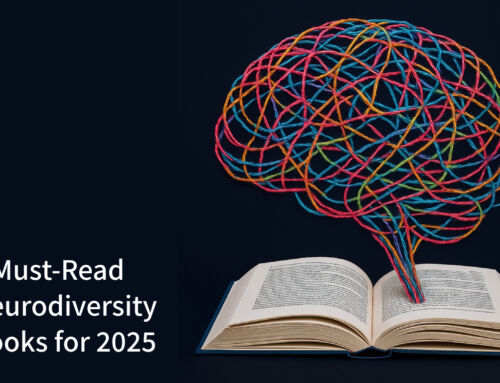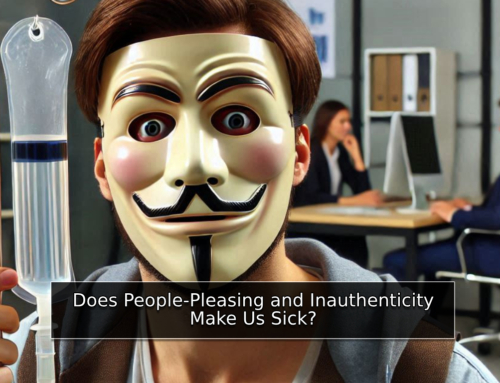The Lost of Future Dimension of Trauma Survivors
How Trauma, PTSD, and CPTSD Affect Our Perception of the Future
"I felt like my future had been stolen from me. As if everything was stuck."
This statement reflects the experiences of many trauma survivors, whether they've experienced a single traumatic event (PTSD) or prolonged trauma (CPTSD). The sensation of a "lost of future dimension" is a common occurrence among those who have endured traumatic experiences, deeply impacting their quality of life.
Are you struggling to plan for the future after trauma? Do you feel stuck in the past? This article will explain the concept of a "lost future dimension" and its impact on individuals with PTSD and CPTSD. You'll also discover how Acceptance and Commitment Therapy for Trauma (ACT) can help you rebuild your life, plan for the future, and find new meaning.
What is the Lost of the Future Dimension?
When a person experiences a traumatic event, their nervous system enters a state of heightened alert. The body focuses on survival, and the future seems distant and uncertain. Over time, this feeling can become chronic, making it difficult to cope with everyday life. This phenomenon is known as "the lost of the future dimension."
How do PTSD and CPTSD cause the lost of the future dimension?
- PTSD (Post-Traumatic Stress Disorder): After a single, traumatic event, people with PTSD often experience flashbacks, nightmares, and avoidance of stimuli associated with the event. The fear of the trauma recurring can lead to a sense that the future is unsafe and make it difficult to plan ahead. For example, a soldier returning from war who experiences panic attacks whenever they hear a loud noise may struggle to plan a vacation or commit to a new job, fearing exposure to a triggering situation.
- CPTSD (Complex Post-Traumatic Stress Disorder): Individuals who experience prolonged trauma, such as childhood sexual abuse, domestic violence, emotional neglect, or extreme parental control, often develop CPTSD. This ongoing trauma impairs their ability to form healthy relationships, trust others, and believe in themselves. As a result, they may feel "stuck" in the past, with no hope for a better future. For instance, a child who grew up in an environment where all decisions were made for them and self-expression was stifled may struggle as an adult to make independent choices and plan for their future.
How can Trauma-Focused Acceptance and Commitment Therapy (TF-ACT) help?
TF-ACT offers a unique approach to treating trauma, empowering individuals to change their relationship with traumatic experiences rather than trying to forget or suppress them. This therapy fosters acceptance of difficult experiences while cultivating commitment to a meaningful and fulfilling life.
How TF-ACT helps address the lost of the future dimension:
- Acceptance: ACT encourages individuals to accept the past as a fact, without judgment of themselves or their experiences.
- Present Moment: ACT focuses attention on the present moment and teaches techniques for relaxation and mindfulness.
- Values: ACT helps individuals identify their core values and take actions aligned with those values.
- Committed Action: ACT encourages individuals to engage in meaningful activities, even small steps, to move forward in life.
Benefits of TF-ACT:
- Flexibility: TF-ACT is suitable for a wide range of individuals with diverse traumatic experiences.
- Effectiveness: Research shows that ACT is effective in reducing PTSD and CPTSD symptoms and improving quality of life.
- Present-Focused: ACT helps individuals stay grounded in the present rather than being stuck in the past.
- Self-Acceptance: ACT promotes self-acceptance, embracing all aspects of oneself, including the challenges faced.
Conclusion The lost of the future dimension is a challenging and complex issue, but it is possible to overcome. ACT offers a unique and effective approach to treating trauma, enabling individuals to rebuild their lives and find new meaning.
Note: This article is for informational purposes only and does not replace professional advice. If you are struggling, please consult a qualified mental health professional.
Disclaimer: The information provided in this article is based on scientific research and clinical experience. However, it's important to note that every individual is unique, and the most suitable treatment may vary from person to person.
Contact now
Ready to take the first step towards positive change? Contact me now for more information and to schedule an appointment. Whether you prefer in-person sessions in Tel Aviv or virtual meetings via Zoom, my integrated approach of Cognitive Behavioral Therapy (CBT) and Acceptance and Commitment Therapy (ACT) can help you break free from struggles and find greater fulfillment in life. I'll be sure to get back to you as soon as possible. Let's embark on this transformative journey together!
Call Whatsapp 052-2325511
Or fill out the following form.
Can ACT and CBT assist you or your loved ones?
Welcome to my therapy practice, where I offer a powerful combination of Cognitive Behavioral Therapy (CBT) and Acceptance and Commitment Therapy (ACT) techniques. CBT is a goal-oriented, short-term approach that's highly effective for anxiety, depression, low self-confidence, and more. ACT complements CBT, helping you navigate life's challenges and find fulfillment and authentic, happier life.
If you're struggling with anxiety, depression, low self-image, or facing setbacks, CBT combined with ACT may be the key to transforming your life. Break free from the struggle and take a step towards a happier, more fulfilling life.
Contact me today to schedule an appointment and embark on your journey of positive change. You don't have to face it alone; I'm here to support you every step of the way. Let's work together to create the life you deserve!





